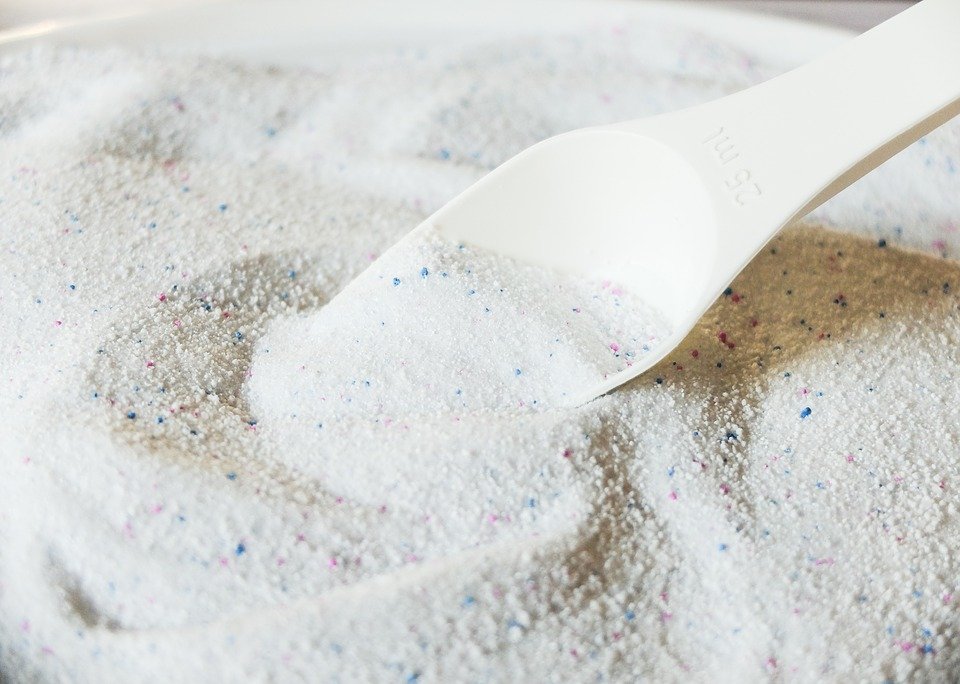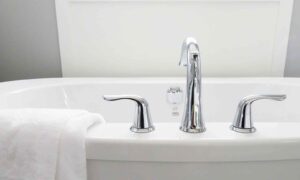The institutional and industrial cleaning agencies place vital importance on the cleanliness of brewing, food, dairy, and maintenance industries. This is the same with hospitals, buildings, and factories, where hygiene should be an essential activity for the health of everyone involved.
Decreasing the risk of contagious diseases is a must in many companies today, and this has made consumers more aware of the dangers of a dirty facility. Over the years, it’s expected that the awareness of bacteria and viruses is going to rise, and many people are now concerned with hygiene because of the pandemic.
The role of cleaning products is more important than ever. They effectively remove stains, soil, germs, contaminants, and other toxic chemicals that will decrease the chances of a disease spreading. They enable us to care for the homes and other facilities without worrying about diseases.
Common Industrial Cleaning Supplies
1. Heavy-Duty Detergents
An industrial-grade solution or detergent is the right product that removes carbon, rust, oil, paint, and grease. This is a technically advanced product that can penetrate the films of grease and lift them in a mechanical way from the underlying material.
They essentially break them up and disperse them into the bodies of the solution. They eliminate the dissolution risks or pitting at the base of the metals. Because the action only involves the surface, the high-performance products often cease to do the job once the base materials are free from stains.
2. Solvents for Electronics
These solvents are highly refined hydrocarbon solvent that’s approved to be used in a working facility. Generally, the solvents have excellent compatibility with dull plastic and other painted surfaces. You can check other products from sites like https://www.advancedcleaning.ie/cleaning-products-manufacturer that are often safe for the ozone layer and the environment. Use the cleaners by brushing, spraying, or wiping them on the surface of the subject. Finish the entire process with disposable wipers or lint-free cloths. Some are great for commercial establishments, and others are for machine electronics, so you may want to give them a try.
3. Detergents and General-Purpose Cleaners
The general-purpose detergents have lesser intensities than the heavy-duty powders, but they are specially formulated to remove grease-killing compounds and oil dispersants. They have various including in municipalities, food processing plants, offshore and marine facilities, aviation, and oil fields.
These cleaners are safe for places with higher risks of fire. They apply to most surfaces and are biologically degradable. They don’t have the caustic components that are present in most alkali.
4. Scale Removers
The removers for scale are designed to clean metals in a more efficient way without any excessive corrosion results. The formula is generally a blend of wetting agents and citric acids. They are used to remove copper oxides and iron filings in boilers and heat exchangers. Many of them come in a convenient product that’s liquid in form, and they are applied in various dosages depending on the type of deposit present in the system.
5. Closed System Dispersants
The closed system cleaners are formulated with a blend of polymeric dispersants and neutralized phosphonates. They can work in water loops that are either hot or cold. The design targets the materials that already have silt corrosion without causing additional harm during the washing process. The industrial cleaning supplies are safe to use, and the dose may vary. However, the pH scale should be at neutral levels.
6. Acid Descaler
Descalers containing hydrochloric acid sometimes have special films that act as inhibitors while working on brass, copper, and carbon steel. They prevent acid attacks, and they can perform well. These Descalers are often a combination of dispersant and penetrant that makes them more effective. Some of them can dissolve other deposits and lime scales, making them ideal for calorifiers, boilers, and heat exchangers. Read more about lime scale removal in this link.
7. Oil Dispersants
Dispersants made up of oil are applied in the industrial levels because they can clean marine environments from oil spills. They get rid of the excessive oil from pebble beaches, sand, and seawater. The environment usually has a sensitive nature, and the products are designed to work rapidly and provide an immediate effect.
Some of them have particular regulations about how they should be worked on. Sometimes, the people who are interested in using this have to consult with an environmental agency before they can perform any work.
8. Cleaning Solutions for HVAC

There are specific cleaners made for closed cooling and heating systems. They are specifically designed to remove building debris, swarf, and mill scale. Some of them are usually polymer-based and chelant agents that will remove various scale deposits and iron filings.
The dose of the cleaners will depend on the size of the system, the product used, and the overall condition of an air conditioner or furnace. These products should circulate in the system for a few hours before they are drained from the HVAC’s lowest point. These are usually common with plumbers and service engineers that are working in buildings and residential homes.
9. Shower Head Cleaners
The usefulness of these products never fails to amaze a lot of homeowners. They are descalers, biocide disinfectants in one. Some are scientifically formulated for regular disinfection and cleaning of showers and showerheads. They can also be used as a handy cleaning supply by various industries because they have an all-in-one disinfectant solution that’s powerful. To ensure that the showers continue functioning at an optimum level, the visual indicator dye should be used frequently.
Safety Information
If you’re planning to use them, know that companies often provide safety information about the ingredients. They may belong to four primary categories: automotive, air care, polish and maintenance, and cleaning products.
While using these products, they should be handled and stored appropriately to prevent accidents. Read the labels and follow all the safety instructions on the label. If they are accidentally ingested, you should call the national Poison Control Hotline. Ensure to keep them intact and be careful with using the solvents, chlorine bleach, ethanol, or preservatives in them.








